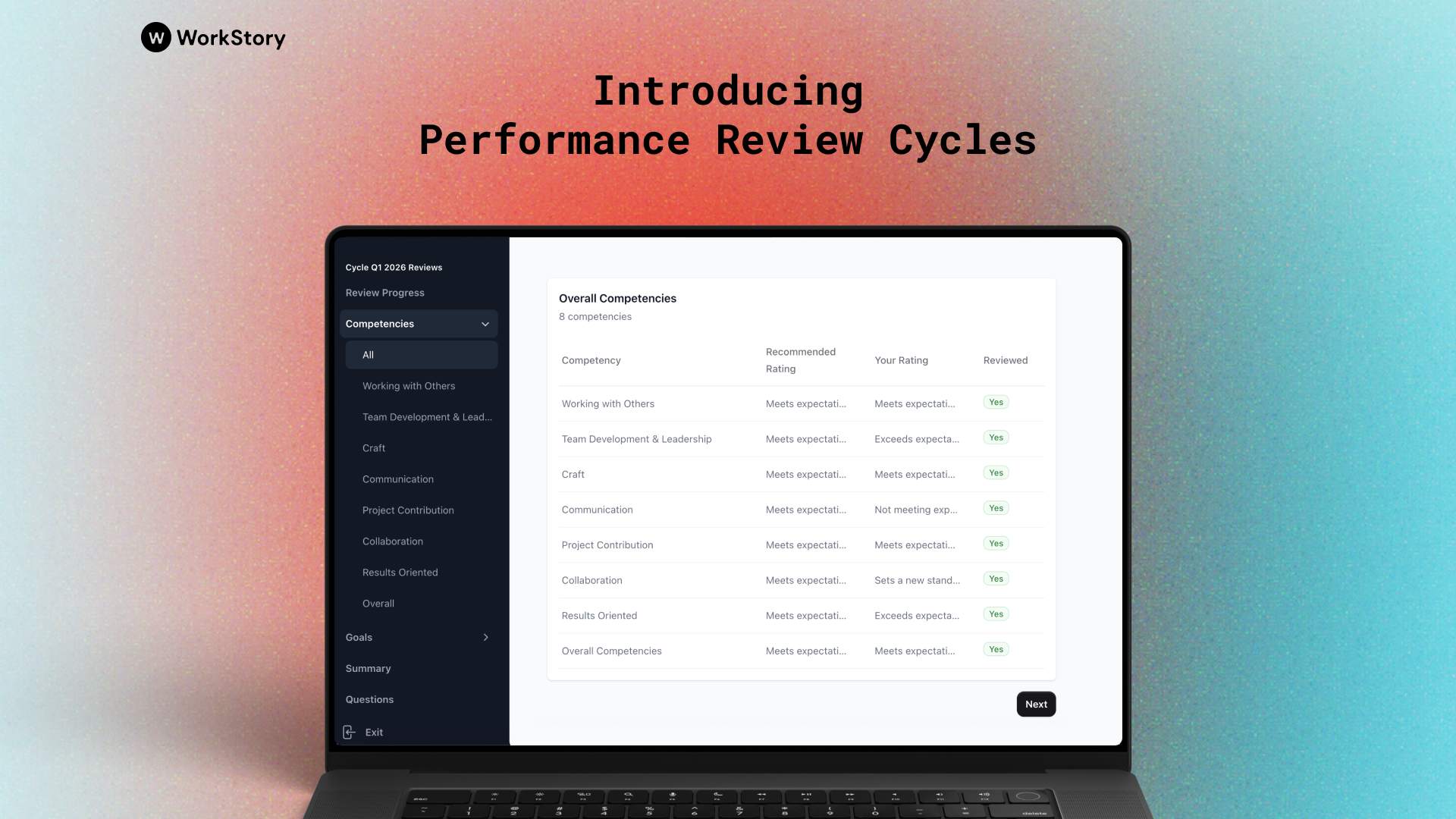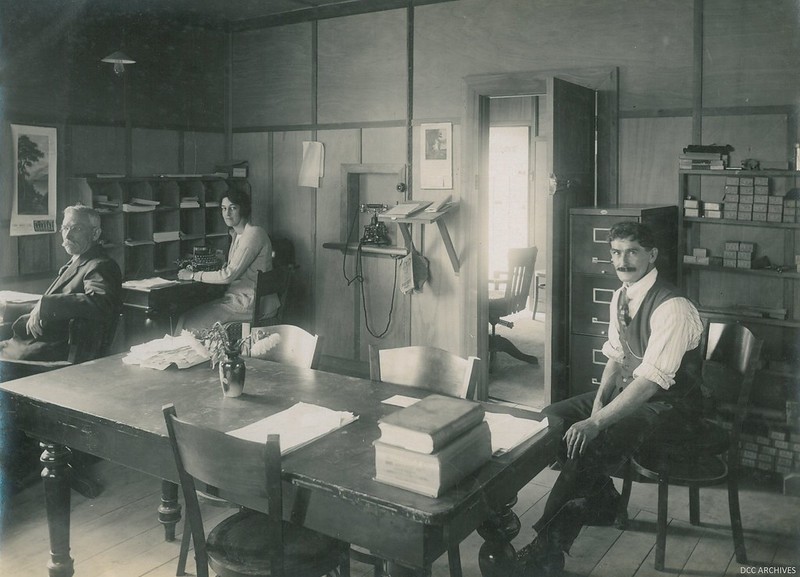Constructive feedback is a crucial aspect of working relationships and is vital for the growth and success of team members and organizations as a whole. According to Harvard Business Review, "feedback is the breakfast of champions" because it helps individuals understand their strengths and areas for improvement, and provides them with the opportunity to learn and grow. By giving and receiving feedback regularly, team members can better understand their role in the organization and how they can contribute to its success.
In addition to fostering individual growth, constructive feedback can also improve the office environment. By creating a culture of open and honest communication, team members can feel more connected and supported, leading to a more positive and collaborative work environment.
Feedback helps organizations identify areas that need improvement and provides an opportunity to make changes. By encouraging team members to share their ideas and concerns, organizations can identify and address problems, leading to better decision-making and ultimately, improved outcomes.
Here are five tips for giving better constructive feedback:
- Be specific - instead of saying "you did a good job," try "I really appreciated the way you organized the presentation materials, it made it much easier for the team to follow along."
- Focus on the behavior, not the person - instead of saying "you're lazy," try "I noticed that you missed the deadline for the project. Can we discuss ways to better manage your time in the future?"
- Use "I" statements - instead of saying "you always make mistakes," try "I have noticed that there have been a few errors in your work recently. Can we talk about ways to improve the accuracy of your tasks?"
- Offer solutions - instead of saying "you're not meeting expectations," try "I noticed that you have been struggling to meet your targets. Can we discuss ways to improve your productivity, such as setting specific goals or finding ways to streamline your work process?"
- Provide context - instead of saying "you didn't do a good job," try "I noticed that the project didn't meet our expected outcomes. Can we discuss what challenges you faced and how we can work together to prevent this from happening in the future?"
In summary, constructive feedback is essential for the growth and success of individuals, teams, and organizations. By giving and receiving feedback regularly, team members can better understand their role in the organization and how they can contribute to its success. By following these tips for giving better constructive feedback, teams can create a culture of open and honest communication, leading to a more positive and collaborative work environment.





